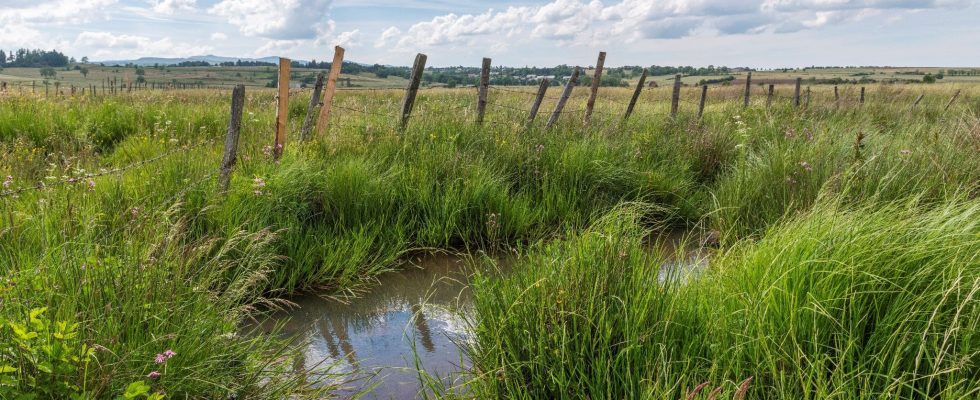Is France finally moving towards an ambitious nature protection policy? Expected for more than two years by the associations, the new “national biodiversity strategy”, the roadmap which should guide the government’s policies in this area by 2030, was finally unveiled Thursday evening, almost discreetly in the muffled tumult of the reshuffle. A document of nearly 300 pages, including 39 measures which should make it possible to “address the pressures exerted on biodiversity”, and “restore nature wherever possible”. And if some, like Jean-David Abel, biodiversity manager at France Nature Environnement (FNE) regret that this text cannot “be enforceable in law”, a good part of the environmental associations are pleased to have an ambitious and precise roadmap, far from the failures of the two previous versions.
In reality, the main lines of this plan had already been unveiled a few days earlier, on July 12, during a National Council for Ecological Transition (CNTE), chaired by Prime Minister Elisabeth Borne. The head of government had thus announced an additional 264 million euros to give herself the means to achieve the objectives of the SNB, which had given the associations a smile. “The new strategy seems to be going in the right direction and meets the expectations we had for a long time, in particular by correctly integrating biodiversity into the carbon strategy”, appreciates Maud Lelièvre, president of the French committee of the International Union for Conservation of Nature (IUCN). This paradigm shift in discourse is a sign that “something is happening”, according to Sandrine Bélier, director of the Humanity and Biodiversity association.
“She took the measure of the challenge”
Concretely, the SNB3 has clear targets and a timetable – key points for its success that were missing from previous documents. “In the theoretical exercise, this SNB is more precise, better endowed with indicators”, concedes Jean-David Abel. It includes long-standing objectives such as the placement under strong protection of 10% of marine and land areas, the fight against invasive species and pollution, but also more concrete measures such as the restoration of 50,000 hectares of wetlands by 2026. “The strategy on the means allocated to each objective is clearly displayed, which is a good thing”, underlines Maud Lelièvre. Long remained the poor relation of the ecological transition, biodiversity should thus benefit from one billion euros of financing in 2024.
In the advent of this strategy and the awareness of linking climate and biodiversity issues, some underline the role of the Prime Minister. “I think it’s very linked to her personality, she has taken the measure of what is at stake”, evokes Sandrine Bellier. In fact, it was this former Minister of Ecology who took charge of these subjects, meeting with nature protection associations as soon as she was appointed during a trip to the National Forest Park. Added to this is the establishment of the General Secretariat for Ecological Planning, whose role, under the authority of the Prime Minister, is to coordinate the conduct of this transition between the various ministries. On Thursday, Antoine Peillon, who leads this team of experts, was one of the speakers at this meeting, an additional sign of the place now occupied by this question.
Rest of nature-damaging subsidies
In this context, the appointment of Sarah El Haïry as new Secretary of State for a portfolio no longer renamed Ecology but “Biodiversity”, may have come as a surprise. But the new arrival is not unknown to all. The president of the IUCN thus recalls her role as facilitator in the organization of the youth summit of their organization in Marseille, in the midst of the Covid epidemic. “We were able to build relationships with her, and I don’t think she has a lack of interest in the matter,” she justifies.
It remains to be seen how this roadmap will be transcribed concretely. “It will still take a phase of work to see how this is embodied,” warns Maud Lelièvre. The SNB must now pass into the hands of the National Biodiversity Committee, whose 150 members will have to formulate an opinion by October. An essential time which will make it possible to judge the commitment of the government on the question.
